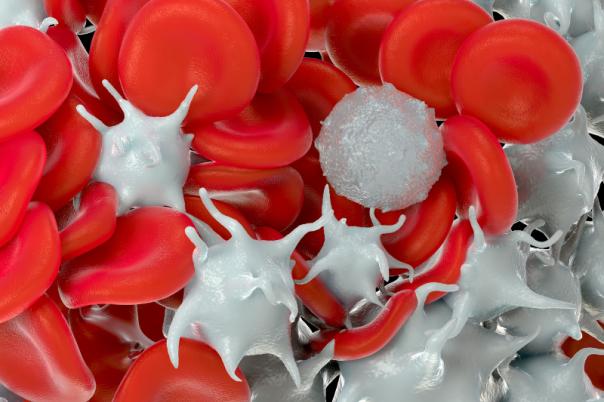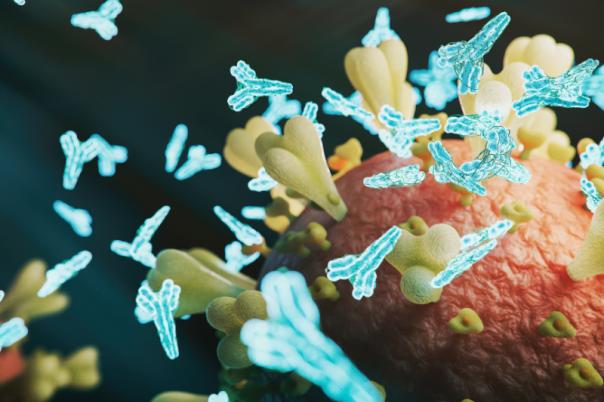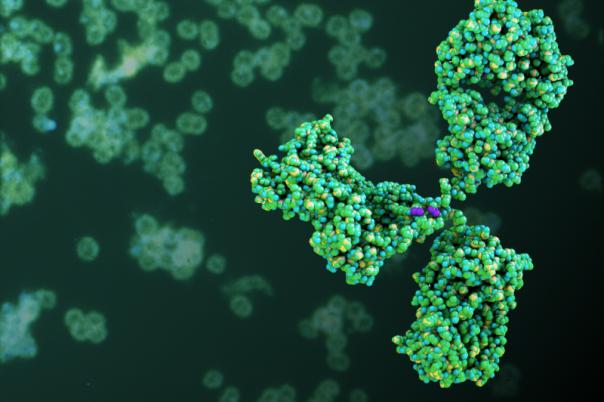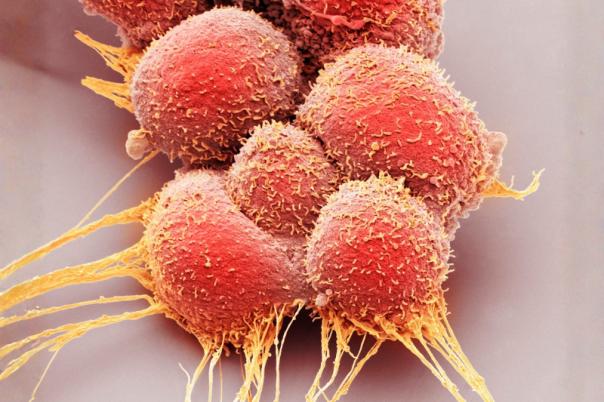Scientists from the Kazakh National Agrarian Research University (KazNARU) have developed an antibody which is able to reduce asthma and hay fever symptoms in mice.
As many as 15% of hay fever sufferers in central Asia and parts of Europe are specifically allergic to mugwort pollen. The new potential therapeutic is designed to specifically block this pollen from causing allergic reactions.
The antibody is delivered intranasally, allowing the drug to get to the site of irritation faster. The treatment acts as a so-called ‘molecular shield’ against the pollen: the IgG antibodies bind to the allergen, blocking it from triggering the allergic reaction causing-IgE antibodies.
This is the first time that an ‘allergen-specific monoclonal antibody therapy’ has been tested for intranasal delivery rather than IV infusion. The study’s senior author, and director of the International Center for Vaccinology at KazNARU, Kaissar Tabynov, said:
“This is the first time a monoclonal antibody designed to block a specific pollen allergen has been delivered directly into the nose, and been shown to protect against allergy symptoms in the upper and lower airways.”
He continued: “In the future, similar antibodies could be developed for other major pollen allergens, such as ragweed or grass. This opens the door to a new generation of precision allergy treatments that are fast-acting, needle-free, and tailored to individual allergen sensitivities.”
To create the new therapy, mice were dosed with a shot of mugwort pollen which caused them to produce antibodies against the foreign substance. B cells were then harvested from the mice’s spleens which were used to create hybridoma cell lines secreting pollen-targeting antibodies.
The new study, published in Frontiers Immunology, saw purified antibodies administered to the noses of five mice which were allergic to mugwort pollen. Mice treated with the antibody had significantly fewer allergy symptoms than controls: reduced ear swelling, less nose rubbing, maintained lung capacity after pollen exposure, decreased nasal inflammation, and lower levels of two pro-inflammatory cytokines in the lungs.








